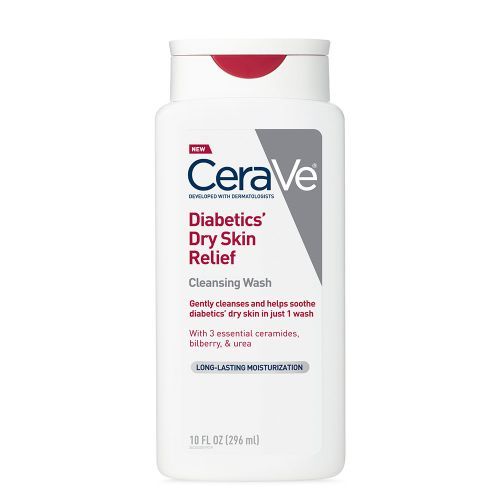Have you ever made a decision that seemed illogical looking back We’re very illogical beings. Every person creates their own social reality. The way you view the world is completely subjective because we all have cognitive biases.
The concept of cognitive biases was introduced in 1972 by two psychologists, Amos Tversky and Daniel Kahneman. A cognitive bias is a systematic thinking error that impacts judgments, and therefore, our decisions.
My favorite cognitive bias is the “attentional bias.” It’s scientific evidence for the idea that your life is a result of your thoughts. The attentional bias states that our perceptions are affected by our thoughts. And naturally, our perceptions determine our actions and decisions, which make up our lives. If you have negative thoughts, you also have a negative perception of life.
That’s what it says. Our mind might be illogical, but it’s also simple at the same time. Take one of the most well-known cognitive biases, the confirmation bias. It explains the behaviour of confirming our preconceptions.
If you believe in something, you will try hard to find information, clues, and signs to back that up. In other words, you do everything to prove you’re not wrong.
Instead of looking at facts, you look at beliefs. And that’s what all cognitive biases do. As of this writing, there are 106 decision-making related cognitive biases known! I’ve read about most of them. And I’ve read several books and studies about cognitive biases too. My conclusion is that your mind can’t be trusted.
Maybe my conclusion is also a cognitive bias. Who knows What it comes down to is this Avoid making decisions based on beliefs, obvious logic, and even science.
Scientists are also human beings. That means they have their own cognitive biases. They are notorious for finding evidence for their preconceptions. The solution to making better decisions is not more knowledge. Instead, I’ve found that a pragmatic and neutral perspective leads to better-informed decisions.
Unfortunately, there’s no such thing as “the best decision.” If that was the case, we lived in a perfect world full of people who made logical and practical decisions. I like to look at it this way There are only good-informed and bad-informed decisions.
It’s very appealing to think we’ve got it all figured out because we’ve read a few books or studies. There’s just one problem You still can’t trust your judgments, no matter how much knowledge you have. Being aware of that simple thought helps you make better-informed decisions.
Every time I’m stuck in a thinking pattern, I try to break away by looking at the list of cognitive biases. It’s free and easy. Just go to the Wikipedia for “list of cognitive biases.” You’ll find that most biases seem like common sense. And that’s exactly the point. Cognitive biases explain our illogical behavior.
RELATED POSTS
A (Very) Brief
History of Thinking
Be Yourself (Not
What You Should Be)
Clear Thinking
Requires Training
Don’t Try To Think
Your Way Out Of Everything
Inside Your Control
Vs Outside
Take Thinking Out
Of The Equation
Think About the
Details Even More
Why Do We Need a
Work on Practical Thinking?





































